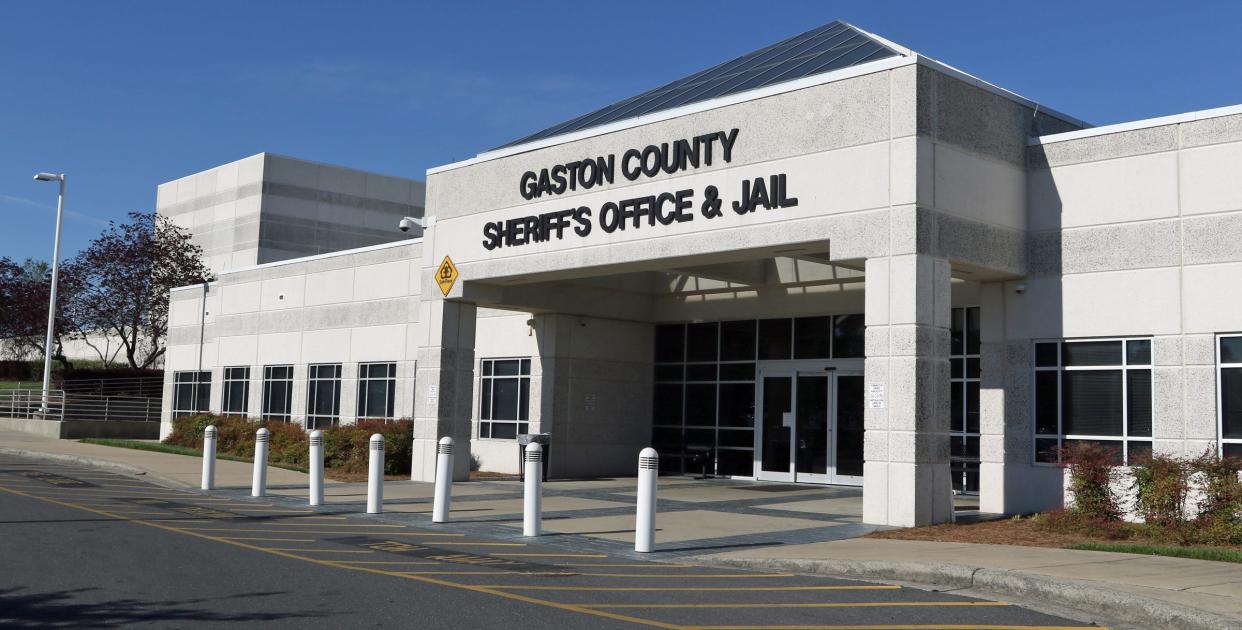Gaston County inmates could receive medical treatment for opiate addiction

The Gaston County Sheriff's Office wants to offer medication assisted treatment to inmates who are suffering from opiate addiction, part of a national push to allow harm reduction practices into local jails.
The proposed treatment program would include drugs like Suboxone, one of the primary medications used to treat opiate addiction. Community paramedics would administer the medication, and the jail also would have a peer support specialist on site to help inmates. Those who are released would be connected to further treatment, Melanie Lowrance, a community support services administrator for the Gaston County Department of Health and Human Services, said in a presentation to the Gaston County Board of Commissioners.
Lowrance said that the Buncombe County Detention Center has been treating between 30 and 60 inmates every day.
County officials want to use opiate settlement funds to pay for the program. Gaston County will receive $43 million in settlement funds over 18 years.
Forty-two counties in North Carolina have implemented medication assisted treatment in their jails, said Dr. Gregory Grier, community support services director.
Inmates have a 40 to 50 times higher risk of overdose when released from jail, and 65-85% of those incarcerated use drugs.
Options for opioid use disorder treatment are either abstinence, which forces inmates to detox from the drugs, or medication assisted treatment, which would prevent inmates from detoxing, Grier said.
Inmates forced to detox are more likely to overdose after their release, Grier said.
Medication assisted treatment in the jail "is basic humanity," Grier said. It allows inmates who were already taking medication for their addiction before coming to jail to continue, and it lessens violent episodes within jails, decreases recidivism and increases facility safety and security, he added.
Sheriff Chad Hawkins told the Board of Commissioners that not only is medication assisted treatment expected to become mandatory to maintain jail accreditation, but he has been told by legal counsel to introduce the treatment into the jail for other reasons.
"Recovery is great. The success of people after they leave the jail, we are definitely interested in all that, but as the sheriff, I'm also responsible for the liability of the county. And we talked about requirements coming from accreditation, but there's also statutory requirements that are coming," he said. "We've been advised by all legal counsel to get ahead of this, because we're going to be faced with this."
This article originally appeared on The Gaston Gazette: Gaston County inmates could receive medical treatment for addiction

